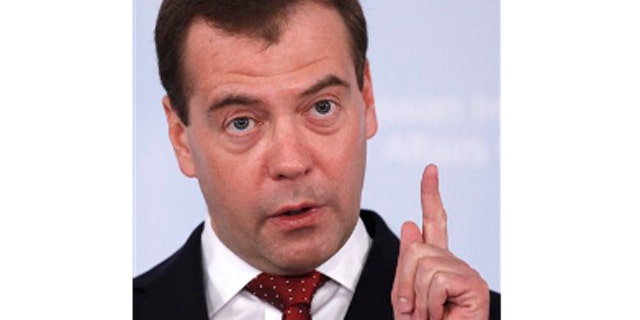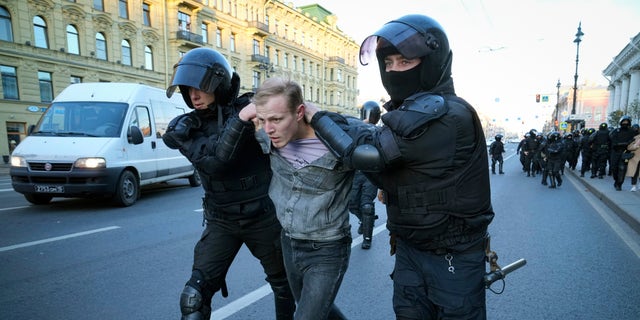Reporter’s Notebook: Shaking down ‘scoundrels’ wherever they are
It took a famous actor who once played a Russian soldier in a popular film to set Russia’s State Duma off. When Artur Smolyaninov told “Novaya Gazeta Europe” he would fight on the Ukrainian side if he had to join the war, plans were quickly rolled out to punish those who like Smolyaninov, have fled Russia and lob criticism in from the outside.
Vyacheslav Volodin, speaker of the lower house of the Duma, talking to Telegram, called people like Smolyaninov “scoundrels” and has suggested amending Russia’s criminal code to allow the state to snatch the property of Russians who “live comfortably” abroad.
But for many of the hundreds of thousands who have fled Russia, including journalists who had to leave or face jail for telling the truth, their hastily improvised exile has been less than comfortable. They left homes and family behind indefinitely and because their country is on the wrong side of this war, they don’t always feel welcome in their new homes. The situation for them though will become worse if another punitive measure being discussed is acted on. Canceling their Russian citizenship altogether.
RUSSIAN SOLDIERS RECALL WAR ATROCITIES IN NEW DOCUMENTARY
“The stripping of Russian citizenship might be a really heavy blow, because these days we still need some documents,” said Andrei Soldatov, an exiled security services expert and author of the book “The Compatriots,” about how Russian dissident émigrés have been hunted over time. “And to apply for political asylum, it’s a very difficult process. Many of my friends, journalists and activists, do not want to apply for political asylum because they want to remain active. If you’re applying, you cannot work.”
More chilling, Soldatov says, is the fact that there have even been threats to go after exiles wherever they are.
“We have a former Russian president, Dmitry Medvedev, now deputy head of the security council proposing to send death squads after Russian exiles who remain politically active. And he said that very openly, which was a new low for the Russian state.” In fact, it was a veiled reference that Soldatov and others have understood as a mortal threat. Medvedev, also taking to Telegram earlier this month said, “Let us recall the experience of the ‘Great Patriotic War’ (as World War II is commonly referred to in Russia.) In times of war, there have always been special rules. And quiet groups of impeccably inconspicuous people who effectively perform them.”
REPORTER’S NOTEBOOK: MAKING RUSSIA PAY FOR UKRAINE INVASION

The TASS news agency quoted Kremlin spokesman Dmitry Peskov having a cryptic comment on the fate of exiles. “They are all our citizens, all equally, and all could have different reasons for leaving. This is a very difficult topic.”
It’s not clear if these punitive proposals will come to fruition, but a strong message has been sent. I asked Soldatov why the Russian government, which had early on in the war spoke of purging “scum” and “traitors” weren’t content just to see the backs of the hundreds of thousands who are against the war and have left? Why the need to try to punish those who are gone?
“It’s about several things,” Soldatov said. “First, we see that people in the country rely extensively on the information provided from the outside, if they want to know the truth, and that is an interesting and dramatic change, the first time in history we have people in Russia relying on the information provided by Russian journalists who are now in exile.

“But it’s also about something else. When the Kremlin finds itself in a difficult spot, they tend to look to the past trying to find the methods that worked. And these days it’s more and more about Stalin’s times. They really believe under Stalin the secret services were extremely effective.”
Read the full article Here


